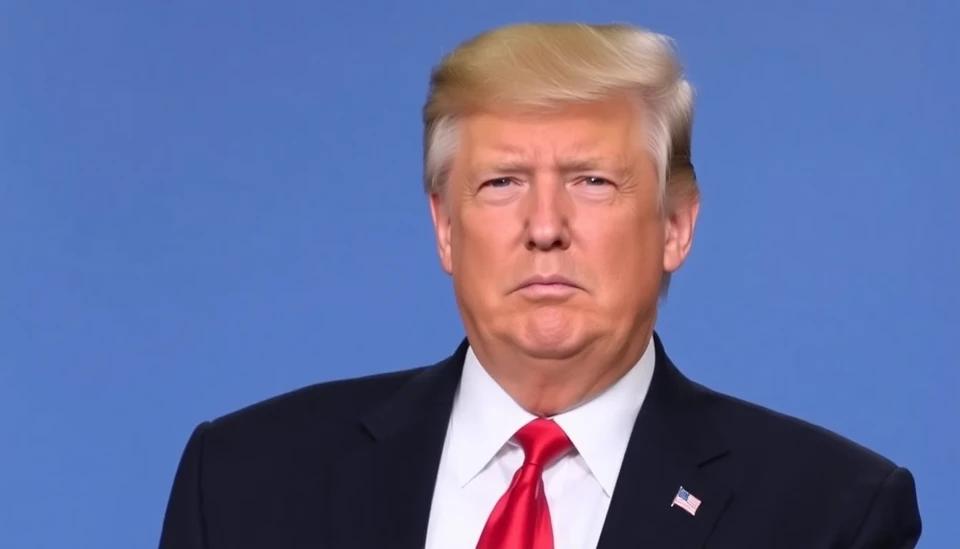
In a recent statement, former President Donald Trump asserted that China is experiencing more significant economic challenges than the United States amid the ongoing global economic turbulence. This declaration comes as the two nations are edging into a new phase of economic competition and diplomatic distance.
Speaking at a rally in North Carolina, Trump emphasized that various factors are placing substantial pressure on China's economy, particularly citing the repercussions of stringent local lockdowns and the impacts of the pandemic that have persisted longer in China than in the U.S. “They are feeling the heat. The American economy is bouncing back faster than theirs,” he proclaimed to a supportive crowd, underscoring his belief in the resilience of the American market.
Trump then shifted focus to highlight the importance of investment in domestic industries, reiterating his commitment to American manufacturing. He pointed out that investment flows and employment rate trends illustrate a rebounding economy, positioning the U.S. as a preferable location for businesses compared to China during these economically strained times.
The former president referenced various measures implemented during his administration, including tax cuts and deregulation, which he believes facilitated this economic recovery. “We need to continue to attract big investment and create jobs right here at home. We cannot allow ourselves to be dependent on any nation, especially not on a country that's struggling as much as China is now,” Trump declared.
As he laid out his vision for re-empowering American manufacturing, Trump called on voters to support candidates who align with his economic policies in the upcoming elections. This call to action not only seeks to bolster Republican support but also to solidify a campaign narrative that highlights American strength in the face of foreign competition.
Chinese officials, on their part, have been keen to combat these narratives, insisting that their economy remains resilient and capable of bouncing back despite current pressures. They reiterated their commitment to sustainable growth and emphasize the strategic importance of their position in global supply chains.
The exchange of claims between the two nations underlines the heightened tensions that have marked U.S.-China relations in recent years, with each country vying for the upper hand in economic vitality. As both sides navigate through this complex landscape, the implications of these economic dynamics will likely shape their interactions on various fronts, from trade policies to diplomatic engagements.
As these developments unfold, observers remain vigilant on how the narratives will play out in the realm of international relations, particularly as the 2024 U.S. presidential elections draw closer, and economic policy becomes a focal point of political campaigns.
In conclusion, Trump's comments serve as a rallying point for his base, framing the U.S. economy as a symbol of resilience while critiquing China’s leadership and economic policies. How this rhetoric will influence voter sentiment and campaign strategies in the months ahead remains to be seen.
#Trump #ChinaEconomy #USEconomy #InvestInAmerica #2024Elections #EconomicRecovery
Author: Laura Mitchell




